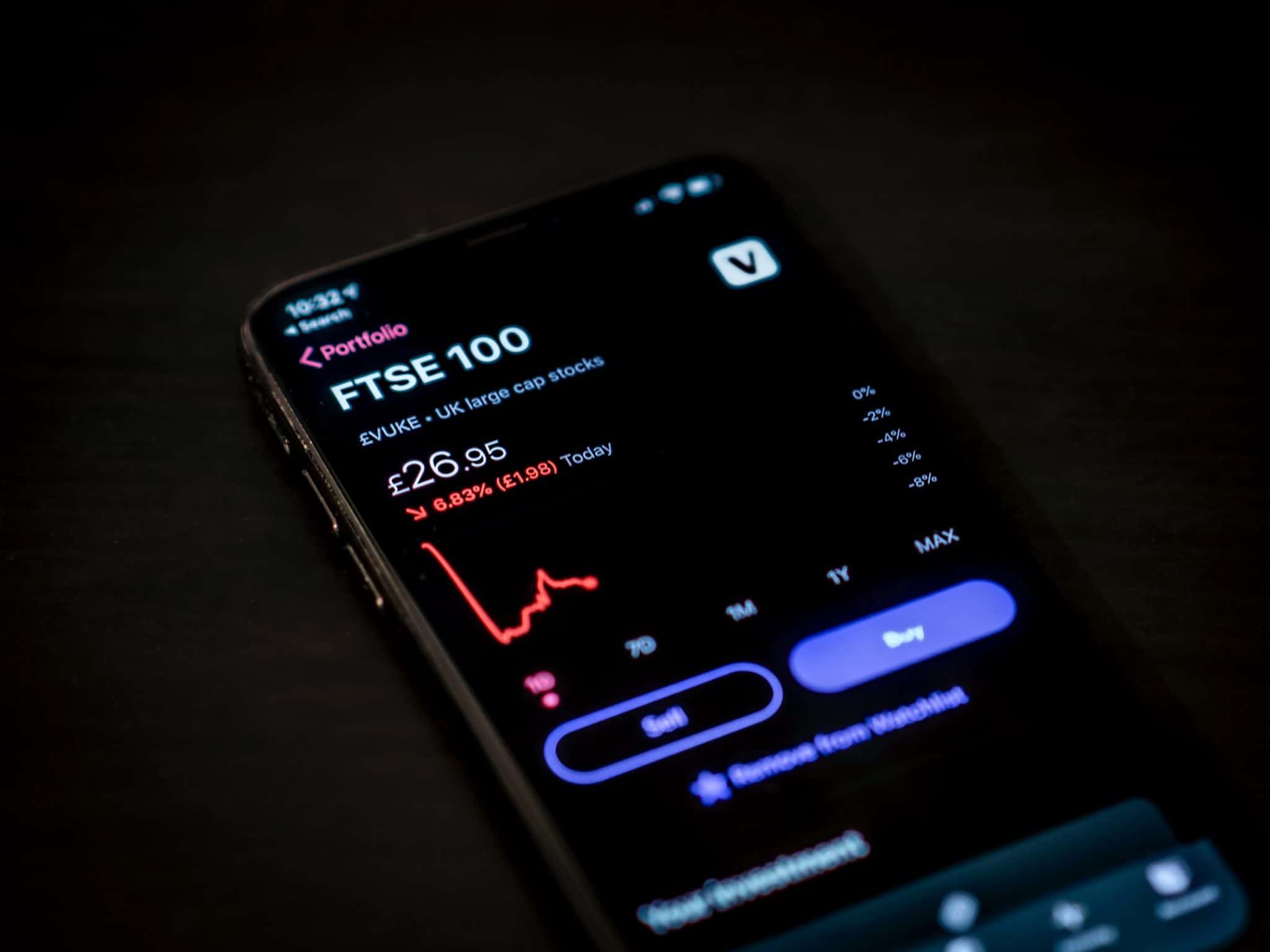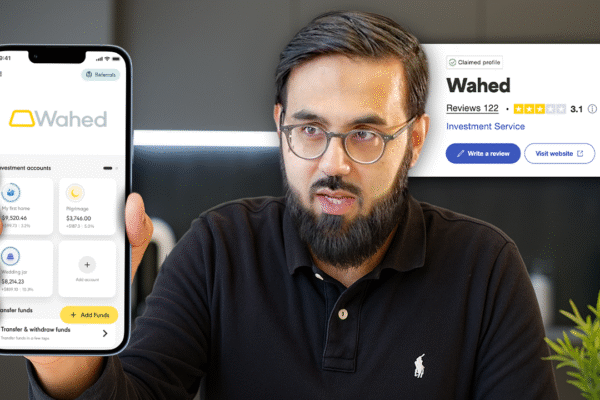
Is the S&P 500 Halal? A Guide for Muslim Investors
26 August 2025 7 min read


Mohsin Patel
Co-founder
4 min read
Last updated on:
Looking to invest in large UK companies? The FTSE 100 companies are the ones you’ll naturally turn to. It contains a roster of household names like BT, Next and Shell. Our research reveals that 42 of the 100 are sharia-compliant.
But which ones are sharia-compliant? We’ve solved that for you. Just click this link to download the Excel spreadsheet. Below is a guide on how to use the spreadsheet which you must read.
Please note that the spreadsheet is accurate as at May 2020 and will be regularly updated insha’Allah. If you disagree with any of the findings, please do get in touch as it will benefit everyone for us to correct it – it’s a community effort.
There are broadly 5 criteria to assess when analysing a company for sharia compliance. Two are subjective assessments:
Then you have some financial criteria:
We think Muslims should have a solid grasp of understanding how to analyse this properly. We have a course on how to. We think that apps, whilst helpful, are not the be-all and end-all. Proper reviews are done manually in case of nuance.
We have run the numbers for the financial ratios. So the excel spreadsheet basically covers 2 of the 3 financial criteria set out above. The one it doesn’t cover is whether haram revenue exceed 5%.
But we’ve also looked at the companies in terms of the subjective criteria too. We’ve put a “Y” if we think the business is generally halal. This will usually mean that its haram revenues do not exceed 5%. But have a think about this yourself whilst you’re researching the company too.
For some companies, we have left it blank when deciding if it’s a halal business or not. The reason for this is that these are edge cases where there is no clear cut answer.
We will update this article with a separate article on how to analyse these edge cases. For now though, it is perhaps best to avoid these.
So that covers 4 of the 5 criteria. The only remaining one is whether the business is being run in a fair way. In my view, the answer to this is always going to be yes for FTSE 100 companies. They have strict governance and controls. This might change if a company is involved in some major scandal but that is unlikely.
We have included 4 columns:
Here, we have the % figure for how much the company is borrowing as a percentage of its total assets. This should not be more than 1/3. So we filtered this column so that it would only show companies who had 33% or less total borrowing as a percentage of total assets.
These are the next two columns. I’ll explain why there’s two shortly.
The current assets as a percentage of market cap aims to understand which companies have got no illiquid sitting in the company. If a company only has liquid assets, this figure would be 100%.
So we have filtered so that only companies with 99% or less can appear.
The thinking behind including an additional column which measures against the 3-year average market cap is that it smoothes out sudden price fluctuations.
Thus, I have only filtered the 3-year average market cap column to show companies with 99% or less.
Another potential calculation to do here is current assets as a % of total assets. I have not done that here but this is an ongoing area of consideration for me to understand which is the more Islamically sound calculation to do.
This is a simple Y or N answer (except where we’ve left it blank for edge cases). Examples of a no would be gambling companies or tobacco companies. The list is filtered to include the blanks and the yeses only.
For the ones that are blank, we will update this article with a new article that explains how to think about these. We also have a dedicated section on how to do this in our course.
If you are looking to buy these shares, you’ll need a broker to do so. We personally like AJ Bell for their wide range of stocks, Islamic funds and really helpful customer service.
If you open a stocks and shares ISA with them, your gains will be free of tax. It also helps us if you open your ISA via our link below!

26 August 2025 7 min read

24 July 2025 15 min read

16 July 2025 5 min read
Leave a Reply